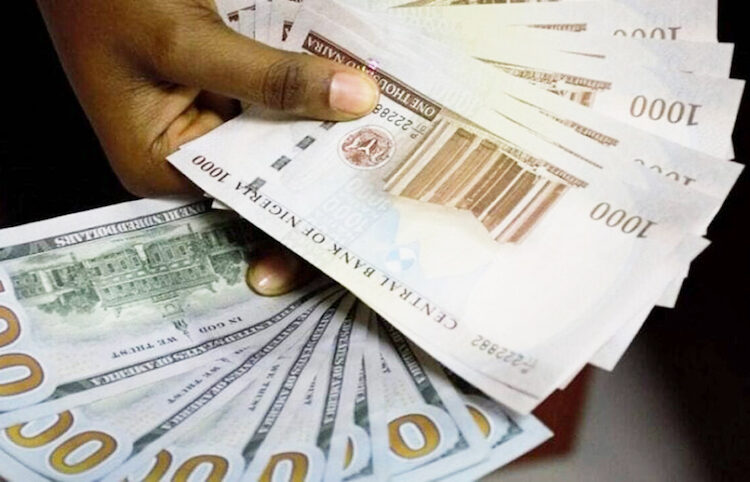The recent removal of fuel subsidy and the devaluation of the Naira have severely impacted manufacturers in Nigeria, leading to a significant decline in tax revenues as well as operational challenges.
Since the removal of fuel subsidies on May 29, 2023, fuel prices have surged by approximately 193 per cent, causing a ripple effects across various sectors.
Manufacturers are particularly affected as the rising costs of fuel and raw materials have led to increased production expenses.
Reports indicate that tax revenue from manufacturers plummeted by over 70 per cent in the first quarter of 2024, highlighting the financial strain on the industry.
Additionally, Naira’s devaluation has made imports more expensive, exacerbating inflation and reducing purchasing power among consumers.
This has resulted in a decline in demand for manufactured goods, further crippling the sector. Analysts predict that the combination of these economic policies will continue to fan inflationary pressures, making it increasingly difficult for manufacturers to sustain operations and profitability.
The Nigerian government faces mounting criticism for the abrupt implementation of these policies without adequate safety nets for affected citizens and businesses, raising concerns about the long-term viability of the manufacturing sector in the current economic climate.
Commenting on the situation, the managing director of Coleman Wires and Cables Industries Limited, George Onafowokan, described 2024 as a challenging year for manufacturers in Nigeria, citing devaluation of naira, subsidy removal, and currency instability as significant factors impacting the industry.
In an interview, Onafowokan detailed how these economic challenges have adversely affected manufacturers across the country since May 2023, emphasising that the convergence of the naira, its ongoing instability, and the removal of fuel subsidy have all contributed to increased transportation costs and general economic strain.
According to him, there is nobody who has not felt the negative impact of the economy as this has been a rough year for many manufacturers, including ourselves.
“Staying afloat today requires hard work and the perception needed to ensure your business survives these hurdles,” Onafowokan said, lamenting that the instability of the naira had made business planning nearly impossible.
He stressed the importance of manufacturers remaining hopeful despite the challenges, noting that losing hope would effectively mean shutting down operations.
He highlighted the unique difficulties faced by manufacturers, who do not have the luxury of sending workers home during tough times due to the significant investment in machinery and years of training.
Onafowokan also mentioned a forthcoming intervention fund from the Bank of Industry (BoI), which could provide some relief to manufacturers.
“BoI is coming with a N75 billion incentive, and we are expecting N650 billion to N1 trillion in an intervention fund. The sooner this fund is made available, the sooner it can help close the working capital gap created by devaluation,” he noted.
He also called for the reduction of duties on raw materials and machinery to zero, and emphasized the need to streamline bureaucratic processes to facilitate easier importation.
He urged the government to do more to ensure that manufacturers can thrive despite the difficult economic environment.





